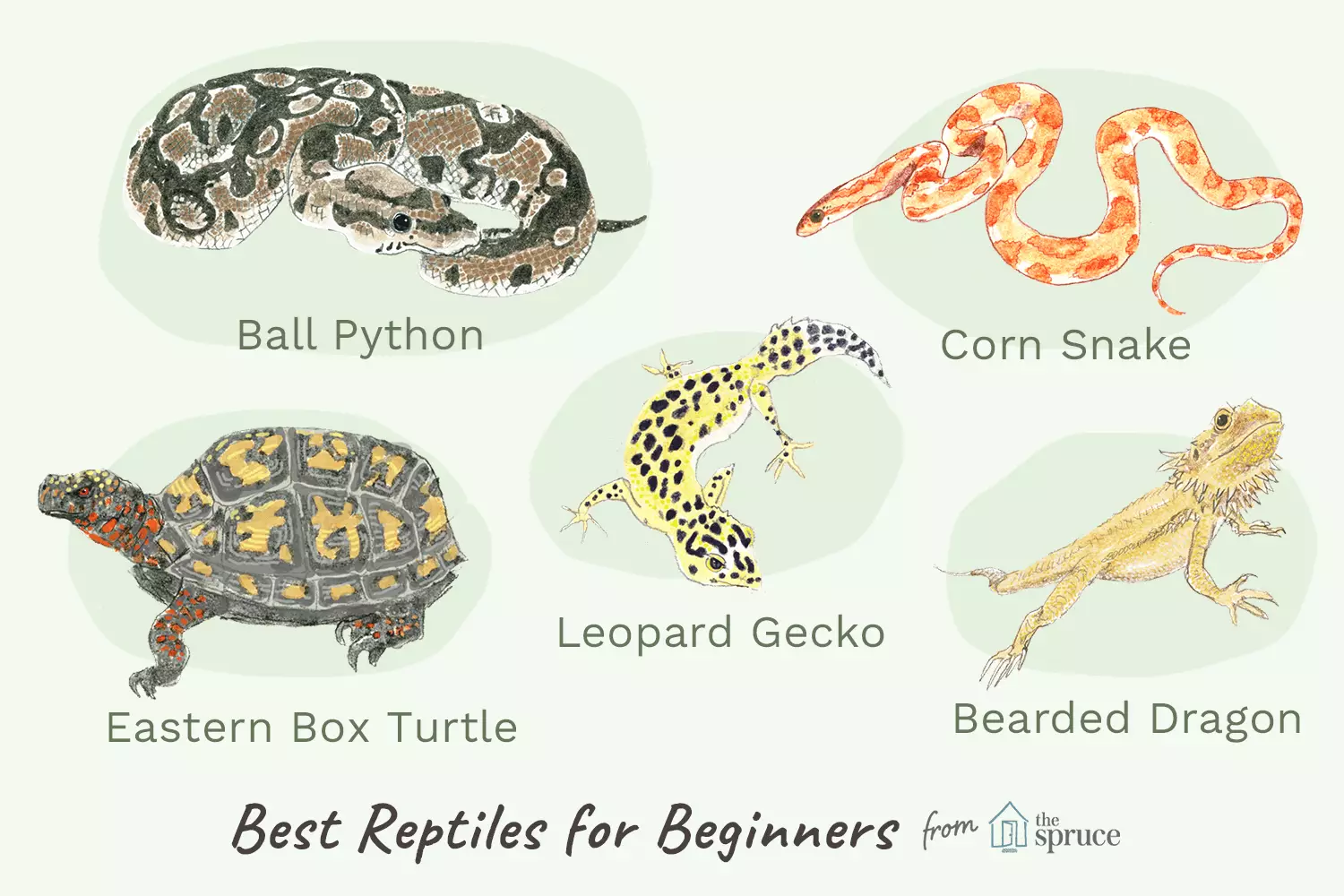Caring for reptiles can be a rewarding experience, but it’s crucial for prospective owners to approach this endeavor with a full understanding of the responsibilities involved. Many individuals, often enchanted by the exotic beauty and uniqueness of reptiles, may hastily purchase these animals without realizing the intricacies of their care. This oversight can lead to significant unpreparedness, not just for the owners but also for the reptiles, ultimately affecting their health and well-being. The following exposition aims to demystify reptile ownership, particularly for beginners, focusing on suitable starter pets, care requirements, and common pitfalls.
Before committing to a reptile as a pet, it’s imperative to grasp the reality of their care. Unlike traditional pets such as dogs or cats, reptiles have specific environmental, dietary, and social needs that can vary significantly from one species to another. Inexperienced owners frequently exit pet stores equipped with only basic, and sometimes misleading, information—setting the stage for a challenging experience. Misunderstandings about a reptile’s size, dietary habits, and habitat requirements can yield unmet expectations, leading to stress for both the owner and the pet.
This lack of preparedness can result in dead-end situations where reptiles face health issues or even death due to improper care. Thus, potential owners must engage in thorough research to make informed decisions, ensuring the pet they choose aligns with their ability to provide appropriate care.
When exploring reptiles that are more amenable to beginners, it’s essential to identify species that are low maintenance yet still require a commitment to their care. Not all reptiles share the same level of difficulty, and some species are more suited for novices, primarily due to their manageable size, diet, and behavioral characteristics.
One common misconception is the suitability of iguanas as pets for beginners. Iguanas can reach considerable sizes, become aggressive as they mature, and demand specific dietary needs and environmental conditions. They can be overwhelming for a first-time reptile owner. In contrast, various lizards and snakes provide more manageable options for new pet enthusiasts.
Among the lizard species recommended for beginners are the Leopard Gecko and Bearded Dragon. Leopard Geckos are particularly celebrated for their docile nature and relatively uncomplicated care. An adult Leopard Gecko does not require extensive space; a 15-20 gallon tank suffices. Since they are nocturnal and less reliant on specialized lighting compared to many other reptiles, they are a more accessible choice for new owners, albeit it’s beneficial to provide some UVB exposure.
Bearded Dragons, while slightly more demanding, remain a popular starter choice. Owners should be prepared for the investment in equipment and space, as these lizards can grow significantly larger—often requiring a spacious 50-gallon tank. The dietary needs of Bearded Dragons evolve as they mature, necessitating a balance of insects and leafy greens, which introduces some complexity but rewards owners with engaging and interactive pets.
For those intrigued by snakes, the Corn Snake and Ball Python stand out as excellent beginner options. Corn Snakes are manageable in size, are notably docile, and have relatively simple dietary needs—mainly relying on pre-killed rodents. They can live for a decade or more, making them a worthwhile commitment without overwhelming new owners.
Similarly, Ball Pythons are renowned for their calm temperament. However, potential owners should be aware of feeding challenges, as these snakes occasionally refuse food. A trial feeding before purchasing can help ascertain the eating habits of the individual snake, ensuring a smoother transition to their new home.
Conversely, turtles generally demand a deeper commitment than what new pet owners may realize. The Eastern Box Turtle emerges as a more viable option among turtles, offering a captivating yet manageable species that doesn’t possess the aquatic requirements of species like the red-eared slider. This turtle can become a lifelong companion while imposing less maintenance than some other types of turtles.
The allure of reptiles as pets is undeniable; they bring a unique charm and variety into the realm of pet ownership. Nonetheless, prospective owners must prioritize education and preparation before taking on these fascinating creatures. By selecting the right species, providing the appropriate habitat, and meeting their care requirements, new owners can establish a rewarding relationship with their reptiles. Embracing the commitment that comes with reptile ownership allows one not only to enjoy the companionship of these remarkable animals but also to ensure their health and happiness in an enriching environment.


Leave a Reply